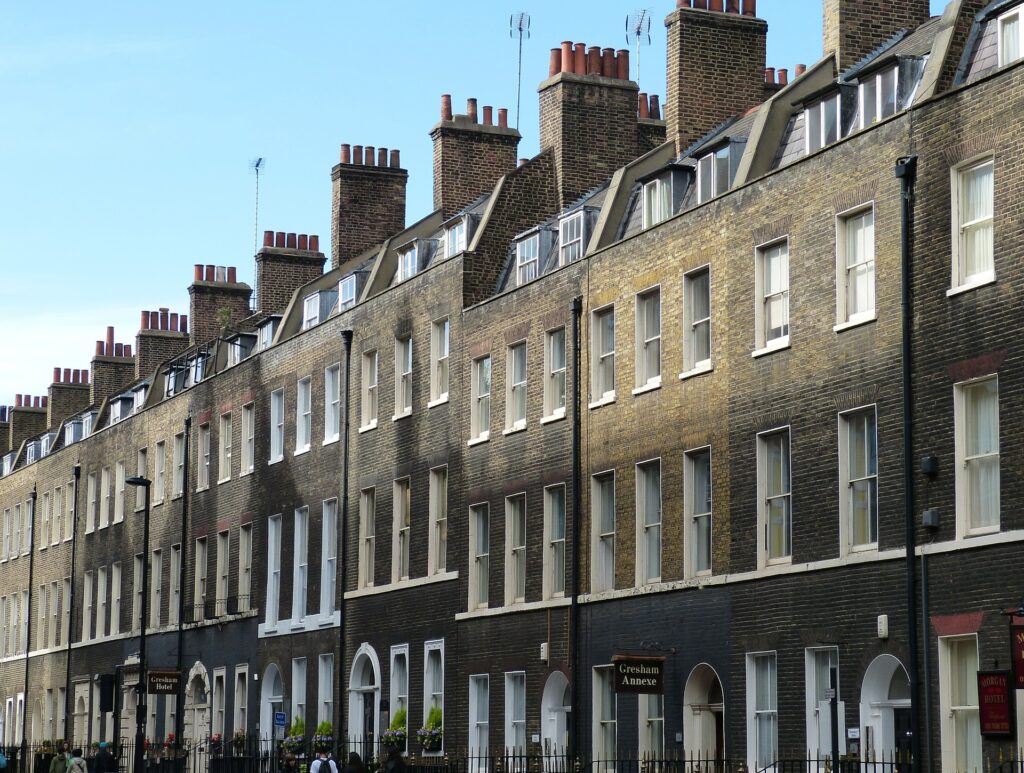Numerous studies have concluded that poor air quality affects deprived neighbourhoods significantly more than affluent areas. Particulate matter released by emissions causes serious health conditions. Not only does roadside pollution have to be addressed, but also the social implications it creates.
Air pollution is estimated by the World Health Organisation (WHO) to cause over 7 million deaths each year as a result of increasing cases of heart disease, pulmonary disease, lung cancer, respiratory infection, and strokes. Recently there has even been strong evidence to suggest that air pollution worsens the effects of Covid-19.
But we already know this. What is less discussed is the relationship between air pollution and mental health. This can take different forms, whether the mental health impacts of a physical illness caused by air pollution, a lack of access to green space, or a chemical link between depression and particulate matter.
What is more, poor air quality is noticeably worse in economically deprived neighbourhoods. Affordable housing tends to be closer to main roads where emissions are higher, whereas more expensive areas are frequently situated in cleaner spaces. Not to mention the increased likelihood of toxic waste, polluted water, litter and the quality of green space is a greater issue is poorer areas. This is an issue experienced globally, with the level of air pollution being much higher in less economically developed countries.
A study in California found that on average, Black and Latino people breathe approximately 40% more particulate matter from roadside emissions than white communities.
The UK is no exception. The UN reported that 80% of people living in urban areas that monitor air pollution are exposed to air quality levels that exceed WHO guideline limits.
A study conducted by DEFRA in 2006 found that levels of particulate pollution were greatest in areas of deprivation. In spite of a decade of air quality policy, a 2019 study showed that inequality in exposure to traffic-related air pollution has in fact widened throughout the UK.
An evidence review conducted by UCL uncovered that deprived communities continue to suffer disproportionately from pedestrian deaths and pollution as a result of living near busy roads. These communities are less likely to have access to green spaces, which not only damages wellbeing, especially in the wake of the national lockdown, but also increases the risk of infection.
Researchers at UCL went on to suggest that low-income households are more likely to suffer from poorer air quality than high-income households. The study concluded that the way houses are designed, built and way they are improved for energy efficiency should be changed in order to reduce indoor pollutants.
‘Studies have established clear links between air pollution and health outcomes, with many warning that levels of air pollution have become a silent public health emergency and have been described by leading health professionals as the “new tobacco”,’ outlines Alice Creasy, of the Local Government Information Unit.




